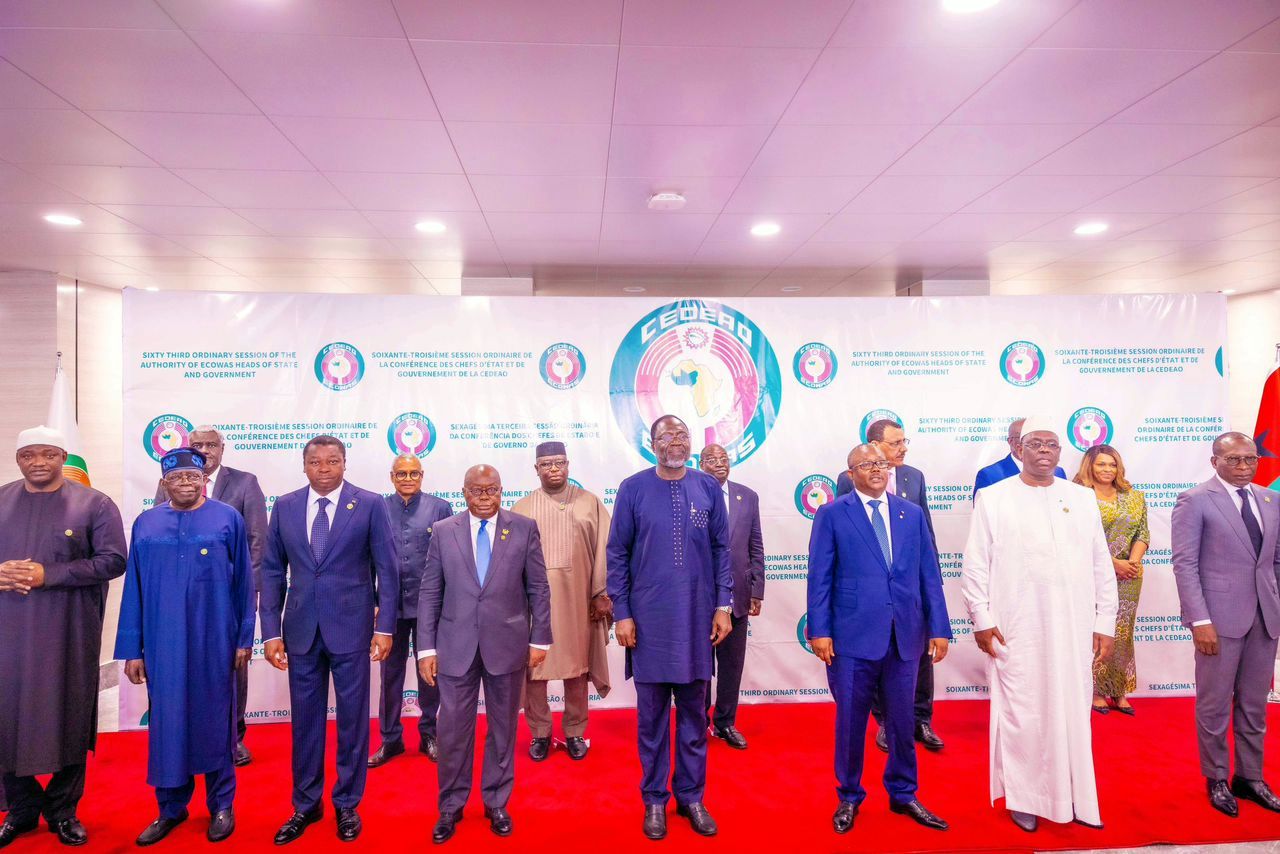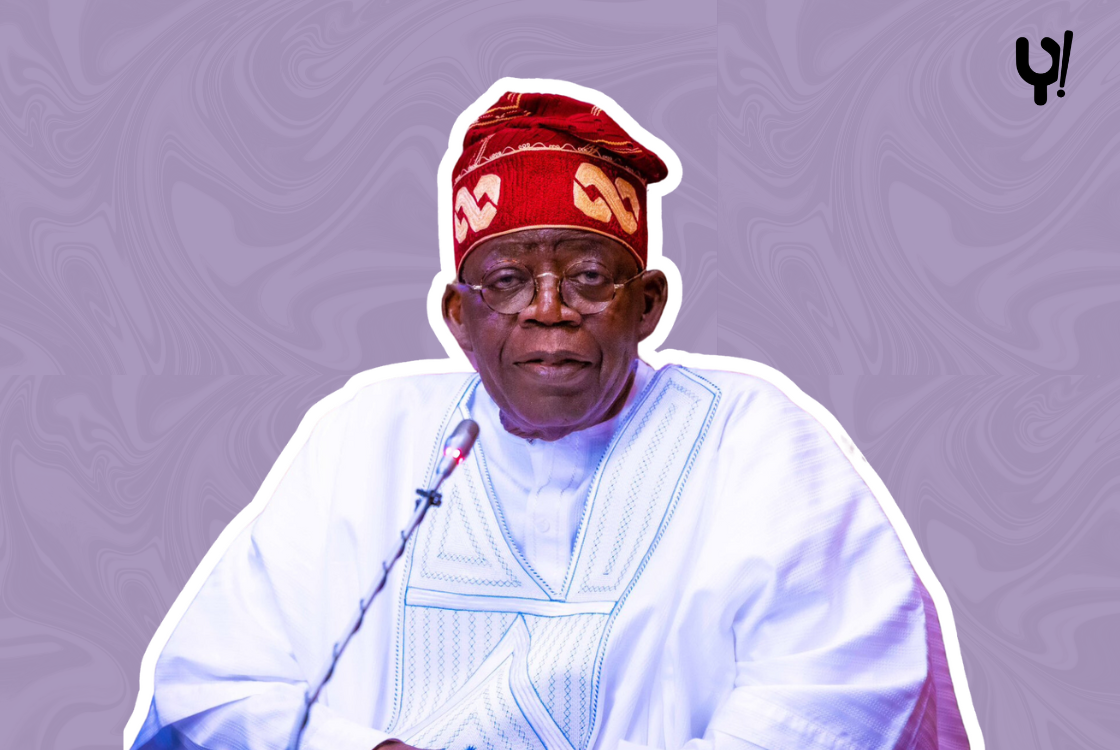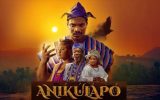by Adams Abonu
 It was long in coming. The distance of the walk, the hindered pace and the hitherto lone path all made the walk long and lonely. But in the end, the finish line of victory was breasted to the expectation of believers in the New Nigeria project and the chagrin of naysayers and irredeemable pessimists.
It was long in coming. The distance of the walk, the hindered pace and the hitherto lone path all made the walk long and lonely. But in the end, the finish line of victory was breasted to the expectation of believers in the New Nigeria project and the chagrin of naysayers and irredeemable pessimists.
The race to the 2015 presidential election which climaxed with the incumbent President and candidate of the ruling Peoples Democratic Party, Goodluck Jonathan, graciously conceding defeat to his major challenger and candidate of the All Progressives Congress, Muhammadu Buhari, is one milestone in the political history of Nigeria, that would fascinate political analysts in years to come. This was one particular political race that had the propensity to make-or-break the continued existence of Nigeria especially when the fallout of similar but less competitive processes in the past is juxtaposed with the tantrums of many characters in the process.
The victory of Buhari is a victory for all Nigerians; a triumph of the human spirit in the face of adversity and pervading hopelessness. The taste of victory after serial defeats for the General must be tantalising, just like the victory of the Nigerian spirit after serial assaults on unity, peace and progress that, the very hallmarks of the country’s nationality, by inept leadership brought about upon countrymen by corruption and parochial sentiments.
Worthy of mention is the trajectory to this victory — the fact that the songs of triumph being hummed across the horizon, from Daura to Otuoke, took a long time to compose. The walk started with Buhari’s patriotic penchant for service to fatherland at the highest level after a rather brief stint on the exalted seat.
When in 2003 Buhari declared interest to run for the presidency under the platform of the All Nigerian Peoples’ Party, many a Nigerian, including this writer, wondered what the revered former dictator forgot in the office of the President. Running against the second term aspiration of then President Obasanjo, the preponderance of views among Nigerians was that he was only trying to weave himself back into public consciousness after an unceremonious exit through a military coup two decades earlier. But despite several political betrayals from close associates, the race with the late revered Chuba Okadigbo as running mate saw Nigerians rediscovering the essential Buhari, an epitome of discipline and transparency. Though they lost the election in controversial circumstances, with Okadigbo dying later in Kano in equally controversial manner, a teeming following of majorly common Nigerian masses was engendered. But the Buhari brand continually became endangered by the pervading political deficit of that era.
The entry of the genteel General into the 2007 presidential election saw him running against his kinsman and serving Governor Umaru Yar’Adua of Katsina State in a three-track race that had Alhaji Atiku Abubakar. By this time, Buhari who retained the ANPP platform had lost considerable association of political heavyweights like Governors Ali Modu Sheriff and Ibrahim Shekarau of Borno and Kano states respectively who ditched him for their personal ambitions of running the party according to their whims. Though Yar’adua was to accept belatedly that the election that brought him in was “heavily flawed by irregularities,” the General lost the race but garnered more sympathy of the masses of Nigerians.
Not one to give up on his vision for a greater Nigeria, Buhari joined the 2011 presidential election, this time under the platform of the Congress for Progressive Change, a party hurriedly bandied together after he obviously became frustrated with how the duo of Sheriff and Shekerau turned the ANPP into a “cesspool of political corruption”. Buhari ran the race with his soul but the unfavourable political process was still wary of his message to change the approach of leading Nigeria to that which works for the people. He lost the election to President Goodluck Jonathan, the beneficiary of the demise of Yar’Adua, but in no less controversial circumstances. His supporters became frenzied when they saw that their champion had been robbed of defeat and an unruly reaction ensued.
The merger of the major opposition parties, the Action Congress of Nigeria led by the former Governor of Lagos State, Bola Tinubu; the ANPP led by Ogbonnaya Onu and the CPC which the General led and some elements of the All Progressive Grand Alliance led by the Imo State Governor, Rochas Okorocha, saw a new page being turned in Nigeria’s politics. When all the opposition politicians buried their varied ambitions and presented Buhari as the standard — bearer of the new bride, the APC, many Nigerians breathed a sigh of relief. The opposition politicians, led by Tinubu and others achieved a feat unexpected in Nigeria’s politics dominated by personal interest and spurred Nigerians from all walks of life in seeking a viable alternative to the unpopular leadership styles of the ruling PDP. The mass movement that ensued culminated in the overwhelming victory that Buhari got from the Nigerian people after a hard campaign riddled with calumny against his antecedents in the March election which one could conveniently dub “Nigeria’s Spring Revolution.”
The victory of Buhari in the polls offers a lot of opportunities of redemption. Firstly, outgoing President Jonathan did the needful and congratulated the Buhari even before vote collation was done with by Attahiru Jega-led Independent National Electoral Commission. President Jonathan’s statesman like action endeared him to the entire world and helped write his name in gold in the annals of history.
Then, there is the opportunity of a New Nigeria that beckons in a Buhari presidency with expected national revival.
————————-
– Adams Abonu is a development journalist. He tweets from @adamsabonu
Op-ed pieces and contributions are the opinions of the writers only and do not represent the opinions of Y!/YNaija.














